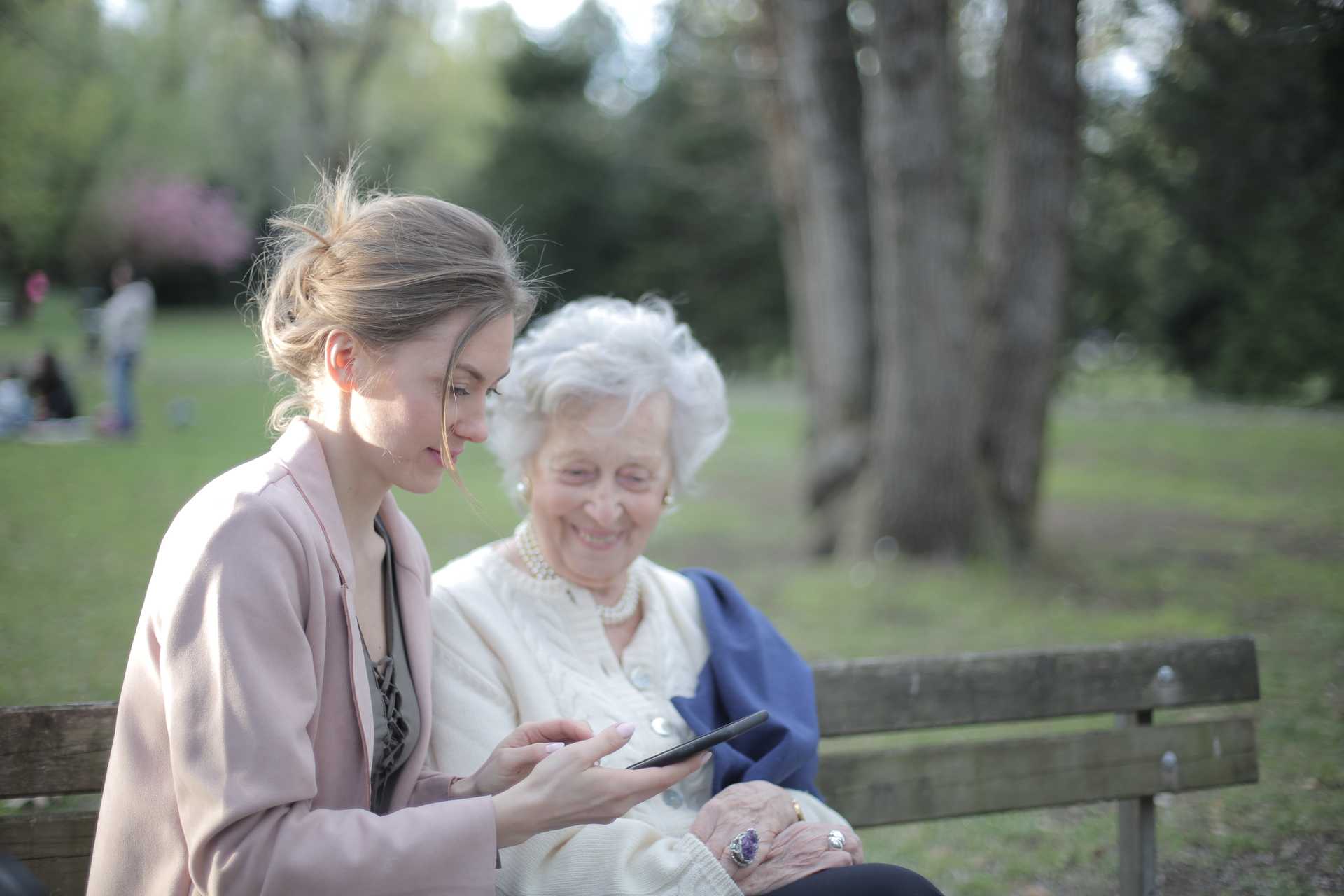Giving makes you happier

Happiness comes in many forms, but there's no distinct and objective way to measure it. As human beings, we tend to make it one of our life goals to 'achieve happiness' or 'live a happy life' without having specific answers as to what will give us that happiness. We actively seek it - and find it in different things.
It's a popular belief that happiness is associated with focusing on oneself - buying the things you want or pampering yourself to destress. But can you believe that there's more joy in giving?
What is charitable giving?
Charitable giving is the act of giving money, goods, or time and volunteer work to a charitable organisation or cause. It is often done in response to a specific need, advocacy, or appeal, but can also be given regularly to support the work of a charity.
Some people give charitably because they believe in a cause and want to support it. Others might do so because they have been helped by a charity in the past and want to give back. Whatever the reason, giving is a way to make a difference in the world.
What does the research say about charitable giving?
There's something special about giving to others that just makes us feel good. That warm, fuzzy feeling you get whenever you do an act of kindness? It's called the "helper's high," and it's a real phenomenon. Stephen G. Post, director of the Center for Medical Humanities, Compassionate Care and Bioethics at New York's Stony Brook University, called it the "giver's glow", but has the same definition.
Generosity links to increasing happiness.
When we help others, our brains release endorphins and dopamines, which have mood-boosting properties.
In a 2016 research conducted by Tobler, Fehr, Et al.,, researchers attempted to observe and understand the brain's mechanisms when deciding whether or not to perform a charitable or generous act.
Forty-eight (48) participants were divided into two groups - the control group and the experimental group. All were to receive monetary endowments for 4 weeks. While the former group was asked to commit to spending money on themselves through a public pledge, the latter group was asked to spend the endowments on other people.
This study used functional Magnetic Resonance Imaging (fMRI) to monitor brain activity and find out how generosity is linked to happiness on a neural level.
It was then discovered that those who have pledged to spend on others tend to behave more generously in the decision-making process and eventually self-report a greater increase in happiness by the end of it. This supported the hypothesis that the brain regions called TPJ (involved in generous behaviour), and ventral striatum (in charge of mediating happiness) are in a functional interaction when generosity is at play.
Giving boosts your mood and decreases negative emotions.
In a similar study by Nelson, Et al., four groups of people were involved in a 6-week experiment. One group was asked to perform acts of kindness that would improve the world. One was asked to do good deeds for other people. The third group was to render acts of kindness to themselves, while the last group was told to maintain their daily activities.
By the end of the experiment, people in the first two groups reported seeing a greater improvement in their mood and positive emotions compared to those who were kind to themselves.
There's nothing wrong with treating yourself once in a while, but you might find more satisfaction in treating someone else.
The benefits of charitable giving range from mental to physical.
In his speech at the 2016 National Volunteer Week Forum, University of Canberra Associate Professor Thomas Nielsen shared that giving is one of the strongest predictors of increasing our health and happiness. He said that "when we give of ourselves to others, we experience an array of health-producing hormones rushing through our biology, increasing our resistance to disease and adversity."
The act of giving can be so powerful that it's actually been shown to improve our health and can probably increase our lifespan.
According to Dr. David Hamilton, doing acts of kindness induces emotional warmth and prompts our system to release oxytocin in the brain and throughout the body. Oxytocin is known to reduce blood pressure, therefore protecting our hearts. Along with cortisol, it also helps reduce stress and anxiety.
What does giving mean to you and me?
It's no secret that charitable giving can have a positive impact on the local and global communities, but it has a more positive impact on the giver than anyone else. It can be hard to find the time and energy to give, but it's important to remember that the more you give, the better you feel. Helping others brings a sense of happiness, accomplishment, and pride.
When you're involved in the community, you're also more likely to meet like-minded individuals who share your values and are more likely to be involved in your life in the long run.
How can you help?
No help is too big or too small. Even the simple act of giving a few pennies can go a long way. If you're looking for something more goal-specific, there's a wide array of advocacies that you can choose to give to, such as organisations that help the homeless, promote educational initiatives, support cancer research, support victims of calamities, as well as those who support families of incarcerated individuals.
Conclusion
Giving doesn't just make you happier, it also makes the world a better place. There's no greater bonus than that! It's never too early or too late, so start giving today!